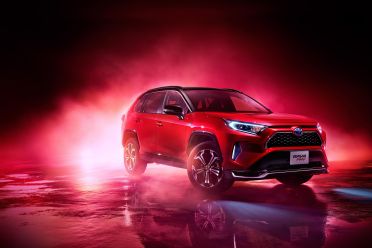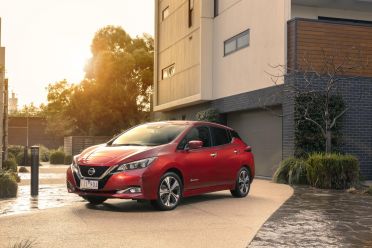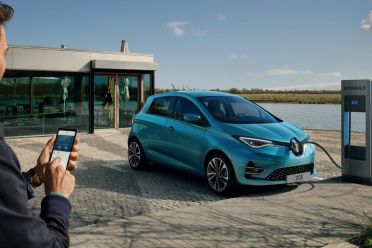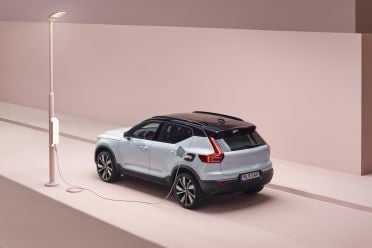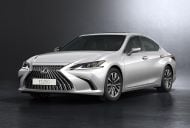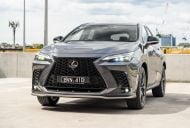Japan is the latest country to plot a post-petrol future.
Japan Times reports the Japanese government plans to ban sales of new internal combustion-powered vehicles in the mid-2030s.
This new plan could be included in the government’s carbon neutrality action plan, set to be finalised this year.
It’s part of Prime Minister Yoshihide Suga’s goal to reduce Japan’s greenhouse gas emissions to net-zero by 2050.
Hybrid and electric cars currently account for 29 per cent of the country’s 5.2 million new car registrations, which means the government and automakers will have their work cut out over the next decade.
Plug-in hybrid and electric vehicle sales were also down last year and have been plateauing of late.
Japan is ahead of Australia, however. Year-to-date, hybrid, plug-in hybrid and battery-electric vehicles accounted for just under eight per cent of all new car, SUV and light commercial vehicle sales in Australia.
The Asian nation is the latest country to plan a ban on sales of new cars that aren’t hybrid or electric.
Most countries that have proposed such a ban have set a timeframe of 2030, including Denmark and Sweden.
The UK has a particularly ambitious timeframe, with Prime Minister Boris Johnson recently announcing a ban on sales of conventional petrol and diesel-powered vehicles in 2030 and a ban on hybrid vehicles by 2035.
Even more ambitious is Norway, already a leader in electric vehicle market share with electric vehicles accounting for close to half (42.4 per cent) of its new car sales last year. It’s announced a ban on non-electrified new car sales by 2025.

